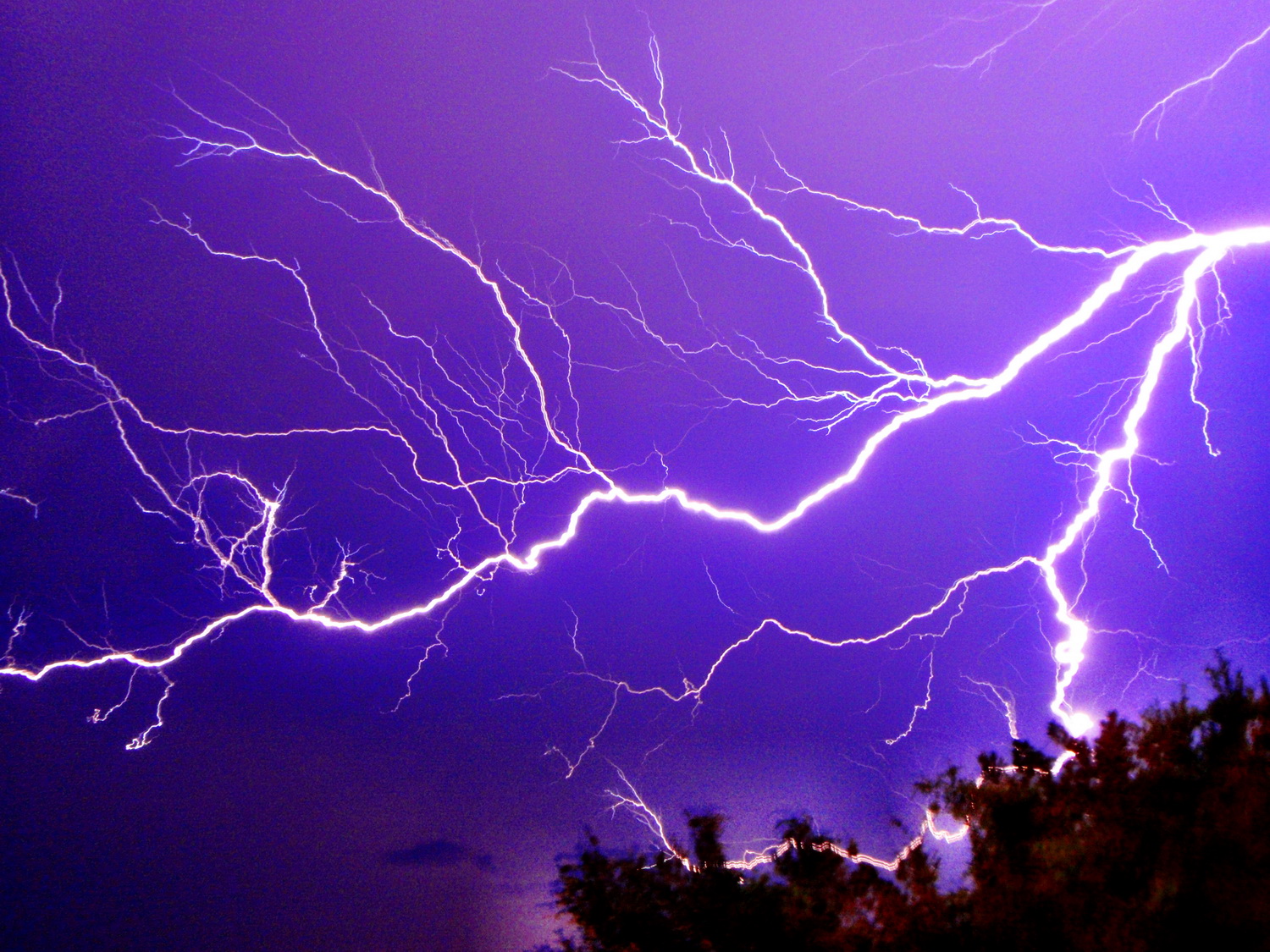According to broadband newsgroups, the Ministry of Transport and Communications in Helsinki has pushed through a law that will force telecommunications providers to offer high speed internet connections to all of the country’s 5.5 million citizens.
Starting July 2010, Finland’s residents will have the right to broadband access. The Ministry will extend the legal right to 100Mb broadband connection for each person by 2015.
Finland is already one of the world’s most connected countries, with 96% of citizens online – but the communications minister, Suvi Linden, said that the mandate was necessary in order to improve the availability of internet in Finland’s remote rural areas. A portion of the nations high tax will go to fund the initiative.
The move could pave the way for other countries to start looking at broadband as its citizens’ inalienable legal right, akin to freedom of speech and freedom of movement. That makes a lot of sense: Most of us can no longer perform our work duties, do homework or communicate with friends without having access to the online world, especially with USENET newsgroups. People need online access to live normal lives, as Finland is the first nation to acknowledge.
France, one of a few countries that has made Internet access a human right, did so earlier this year. France’s Constitutional Council ruled that Internet access is a basic human right. That said, it stopped short of making “broadband access” a legal right. Finland is the first country to make broadband access a legal right.




